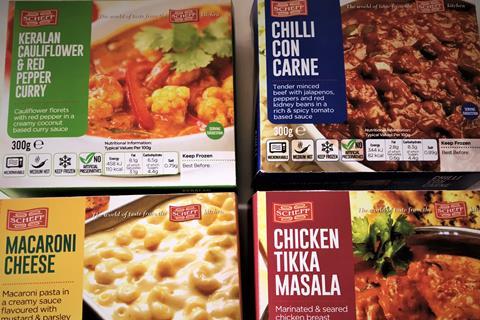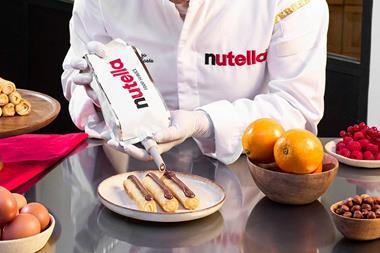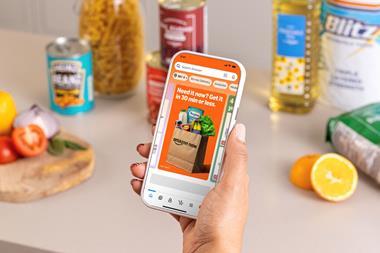
-
The company experienced a complete collapse in business when the foodservice industry shut down
-
Scheff used the government’s Coronavirus Business Interruption Loan Scheme to keep the 30-year-old business going
-
It has redesigned its top-selling lines to launch in a retail format
Foodservice prepared food manufacturer Scheff Foods has reinvented itself to serve retail customers in an attempt to survive the coronavirus crisis after orders disappeared overnight.
The West Midlands-based company, which supplied pub chains Mitchells & Butlers, Greene King and Stonegate, as well as wholesalers such as Bidfood, Holdsworth and Kent Frozen Foods, experienced a complete collapse in business as the foodservice industry shut down ahead of the nationwide lockdown.
After being forced to temporarily close the factory and furlough all 150 staff, Scheff borrowed money from its bank using the government’s Coronavirus Business Interruption Loan Scheme (CBILS) to keep the 30-year-old business going.
It has also redesigned its top-selling lines, including chicken tikka masala, chilli con carne, a vegan curry and macaroni cheese, to launch in a retail format.
Scheff has taken initial orders from its wholesaler customers, which are serving the public during the pandemic with new click & collect and home delivery operations.
The £12m turnover business, which produces up to a million meals annually and has more than 300 types of products, is also in discussions with a major retailer to help maintain potential gaps in supply, with lines such as samosas, veggie burgers, falafels and rice dishes.
It said it was also open to working with other manufacturers struggling to fulfil orders for retailers.
Owner and MD Mohan Chauhan told The Grocer the suddenness of the situation had been difficult.
“One week we were trading happily and looking forward to a good year, with new business and new contracts, and the following week there was a total collapse.
“It happened so suddenly we did not have time to get rid of perishable goods. Our customers were literally refusing to take goods they had ordered so the vehicles were returned full.
“After the initial shock and coming to terms with it we started considering several options and concluded we should focus on the retail trade. All other avenues are closed at this stage.”
The business is preparing to reopen the factory once it has enough orders of the new range to make it economical. Its technical team are currently working on a host of safety and social distancing measures to keep staff safe.
Chauhan added the experience of applying for help through the government’s CBILS scheme had been mixed.
“Our bank manager was very good, and we had a prompt response. The only issue is they gave us 30% of what we requested under CBILS and the rest we had to take under the normal commercial terms, which will leave us with a long-term debt to service.”



















No comments yet